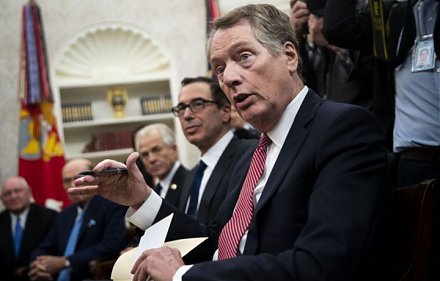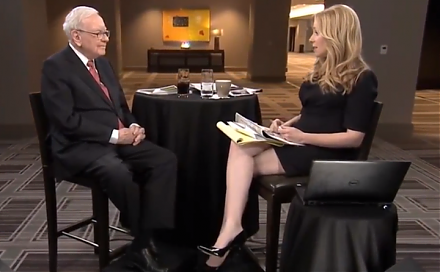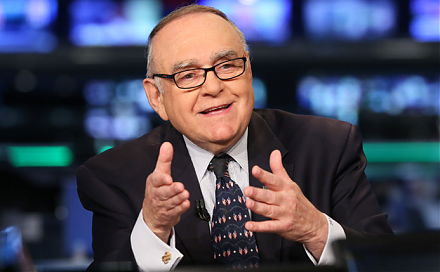

2018-06-17 10:35:00 Sun ET
federal reserve monetary policy treasury dollar employment inflation interest rate exchange rate macrofinance recession systemic risk economic growth central bank fomc greenback forward guidance euro capital global financial cycle credit cycle yield curve
In the past decades, capital market liberalization and globalization have combined to connect global financial markets to allow an ocean of money to flow through them. In emerging-economies, the gross foreign financial position can be as large as annual GDP. In rich economies, the ratio can rise even more. Given the sheer size of cross-border capital flows, these co-movements can have enormous effects on local economic conditions.
The capital flows across borders is good since financial openness allows investors in rich countries to seek out large returns in capital-scarce emerging-economies. Yet, capital flows may not always follow this peculiar pattern. Money can often flow in the other direction. Less mature emerging-economies often save to safeguard against fickle global financial markets and hence amass large quantities of foreign-exchange reserves. This global savings-glut suggests that an ocean of money can swamp individual economies. The U.S. Federal Reserve determines the turn of the tide. American monetary policy shapes the global appetite for risk because of the dollar's exorbitant privilege in global finance. When the Fed changes course, asset prices, returns, and market volatilities move in its wake, with all sorts of inadvertent consequences for other countries.
Most economies face a fundamental dilemma: these economies can choose open capital markets to attract the foreign investment that emerging markets need to reinvigorate their economic climate, but only if these economies can accept losing domestic control over the global business cycle. For many emerging-economies, this inexorable trade-off seems to be a fair price to pay in global finance. However, when the Fed eventually raises its interest rate, the trade-off will then tilt toward a capital exodus from emerging-economies back to America. When push comes to shove, the law of inadvertent consequences counsels caution.
If any of our AYA Analytica financial health memos (FHM), blog posts, ebooks, newsletters, and notifications etc, or any other form of online content curation, involves potential copyright concerns, please feel free to contact us at service@ayafintech.network so that we can remove relevant content in response to any such request within a reasonable time frame.
2019-09-03 14:29:00 Tuesday ET

Due to U.S. tariffs and other cloudy causes of economic policy uncertainty, Apple, Nintendo, and Samsung start to consider making tech products in Vietnam i
2019-01-03 10:38:00 Thursday ET

American parents often worry about money and upward mobility for their children. A recent New York Times survey suggests that nowadays American parents spen
2018-05-07 07:32:00 Monday ET

President Trump seeks to honor his campaign promise of lower U.S. medical costs by forcing higher big-pharma prices in foreign countries such as Canada, Bri
2018-04-05 07:42:00 Thursday ET

CNBC news anchor Becky Quick interviews Berkshire Hathaway's Warren Buffett in light of the recent stock market gyrations and movements. Warren Buffett
2017-10-27 06:35:00 Friday ET

Leon Cooperman, Chairman and CEO of Omega Advisors, points out that the current Trump stock market rally now approaches normalization. The U.S. stock market
2018-09-01 07:34:00 Saturday ET

As the French economist who studies global economic inequality in his recent book *Capital in the New Century*, Thomas Piketty co-authors with John Bates Cl